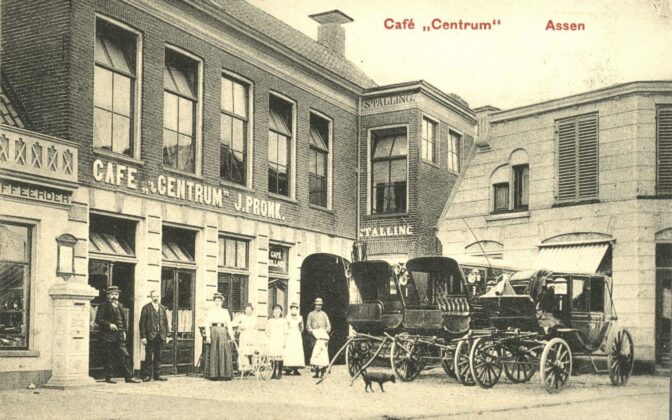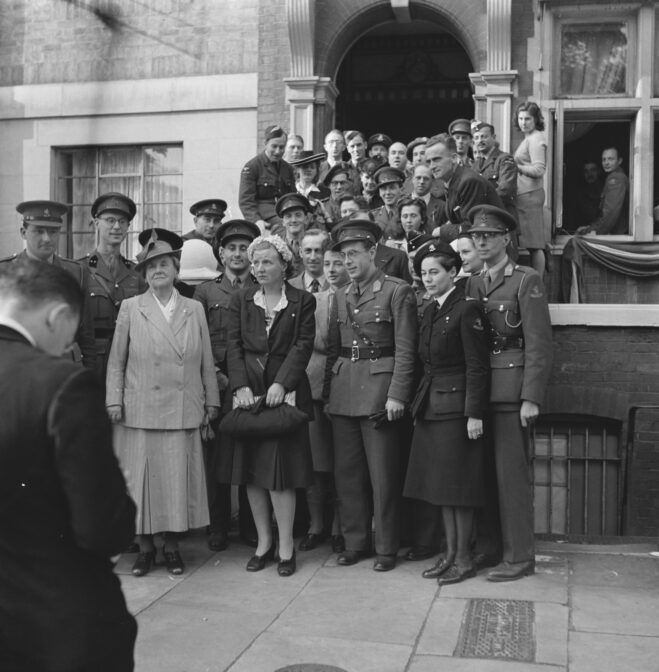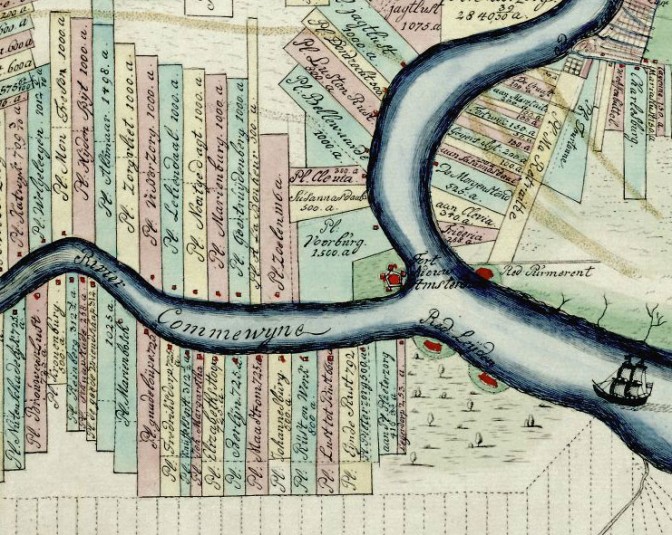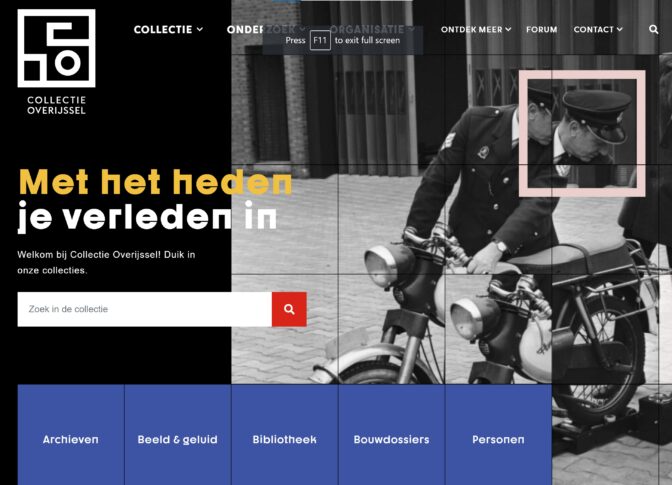This is an overview of the new website projects, and other news announced last month.
Sources
- An index of the business files of the Chamber of Commerce of Drenthe 1922-1980 can be consulted at the Drents Archief website. The records show which businesses existed in Drenthe. Only businesses that no longer exist are included in the index. The records themselves are not digitized and can be consulted in the reading room.
- The Drents Archief also published an index of the Assen verdicts register 1838-1893 that includes convictions for petty crimes, available on their website. The registers themselves are not digitized yet.
- The Urker Courant newspaper (1912-1936) has been digitized and is available on the website of Het Flevolands Archief.
- Transcriptions of several tax and serf records in Gelderland became available via GenealogieDomein
- The Nijmegen archives published an index of the poor children’s home in Nijmegen: 1644-1715 and 1715-1750 (PDFs).
- The Regional Archives of Alkmaar digitized many court and orphan chamber records in the Alkmaar region, mostly from the 1600s and 1700s. Scans are available via the finding aid.
- An index of birth records of Oldenzaal (1859-1869) is now available via WieWasWie and Collectie Overijssel.

Cafe “Centrum” in Assen, about 1909-1918. Credits: Drents Archief (public domain)
Websites
- The Historisch Centrum Overijssel, which keeps the records of the province of Overijssel and its capital Zwolle, changed its name to Collectie Overijssel. They have a new website.
- An interactive exhibition was launched about Camp Schattenberg, where people from the Moluccas were housed after being deported from the Dutch East Indies after World War II. The website includes an interactive map, a podcast, an online escape room, and various other presentations.
Projects
- The National Archives is indexing the records about forced laborers in Germany in World War II. About 500,000 people were forced to work in Germany. 27,000 of them died. Volunteers can help index the records by going to HetVolk.
- A project to use artificial intelligence to describe press photos is underway. The project is a collaboration between several archives, technology companies, and the Royal Library; funded by the Department of Education, Culture and Sciences. The results will become available from January via Krant en Foto’s. [Source: KB]
- The Regional Historic Center for Limburg is digitizing the charters from the principality of Thorn. This includes the oldest archival record in the Netherlands from about 950 CE. [Source: RHCL]
- Volunteers can help to tag the collection of Helmond photos made by Jozef van den Broek by joining the Vele Handen project.
- The Utrechts Archief is digitizing the collection of the Volksbuurtmuseum [Museum of lower class neighborhoods]. The collection will become available on the websites of the Utrechts Archief and Volksbuurtmuseum. [Source: HUA]
- The National Archives started a project to digitize the interrogation records of “Engelandvaarders” [England goers], Dutch people who went to England in World War II to help the war effort from there. On arrival, they were interrogated to determine whether they were reliable or infiltrators. [Source: Nationaal Archief]

Visit of Queen Wilhelmina and Prinses Juliana to the club of Engelandvaarders in London, 11 September 1944. Credits: unknown photographer, collection Nationaal Archief (public domain)
Archives
- The Historisch Centrum Overijssel changed its name to ‘Collectie Overijssel’ to reflect their broader mission (see above).
- The National Archives of the Netherlands and the National Archives of Suriname signed a new agreement for conservation, digitization, and exchange of knowledge. Civil registration records of Suriname and contracts of laborers from China, India, Java, and the West Indies will be restored and scanned. [Source: International Heritage Cooperation]
- Personal record cards cannot be ordered until May 2022. The Central Bureau for Genealogy is digitizing and indexing the records to preserve them and streamline ordering process. The records are unavailable until this is finished. [Source: CBG]

Map of plantations in Surinam (Nationaal Archief, Map Collection Leupe, 4.VEL call number 1679A)


